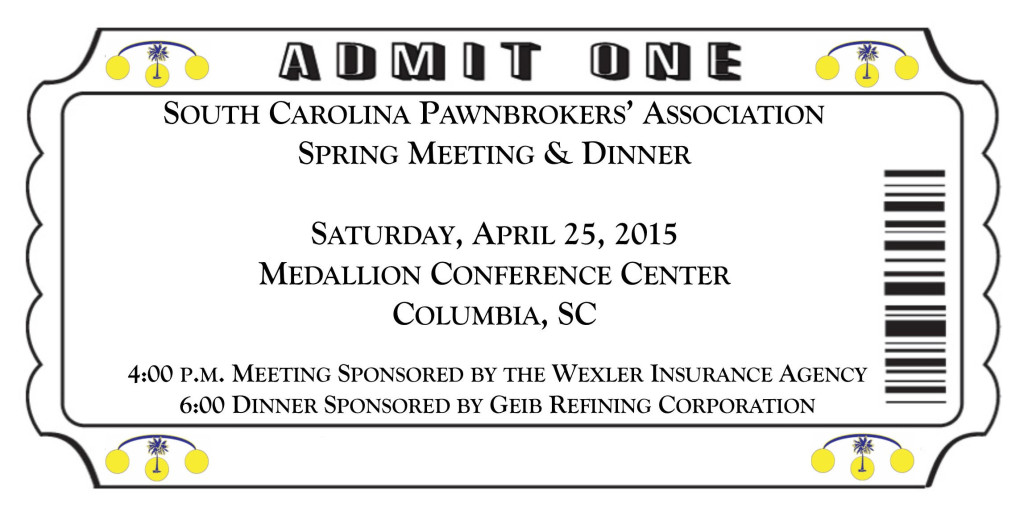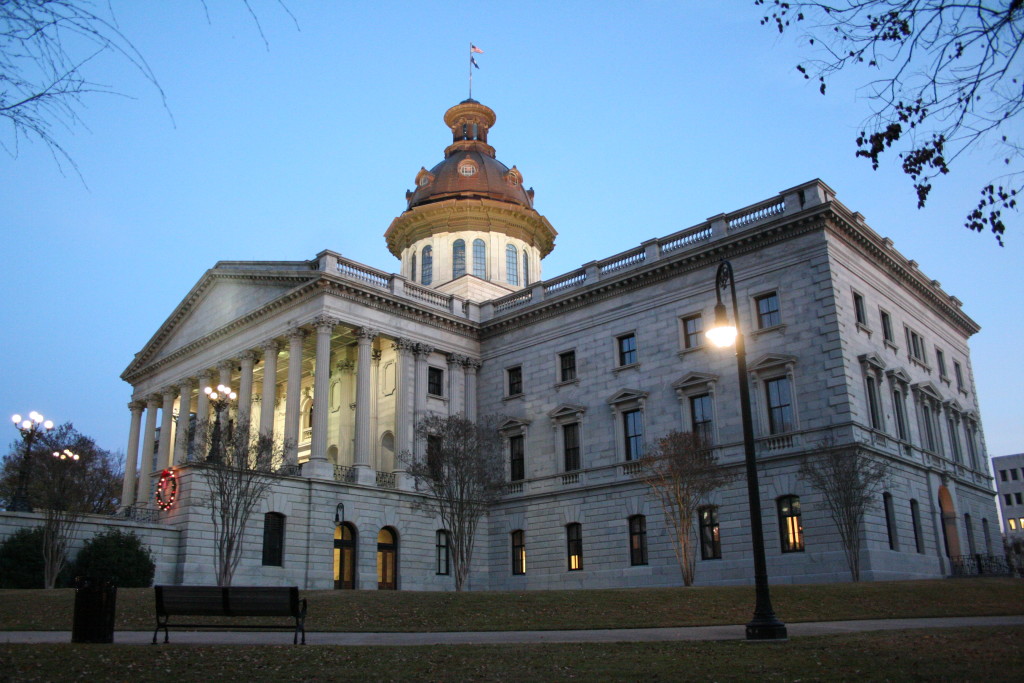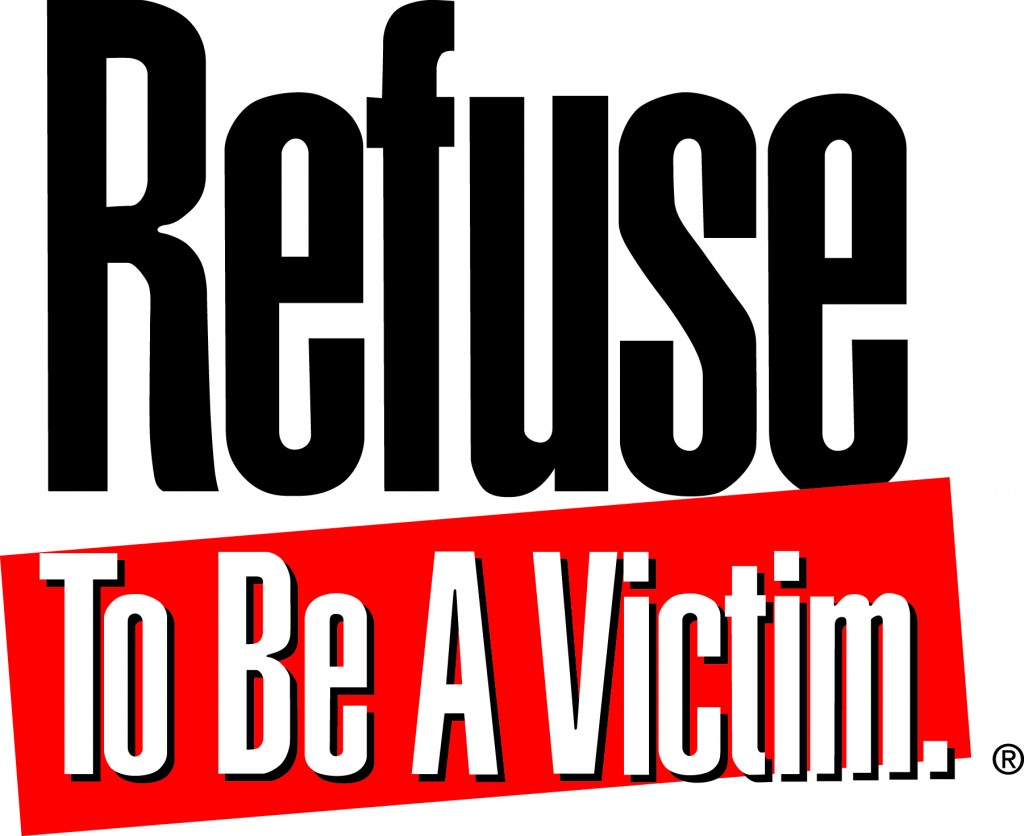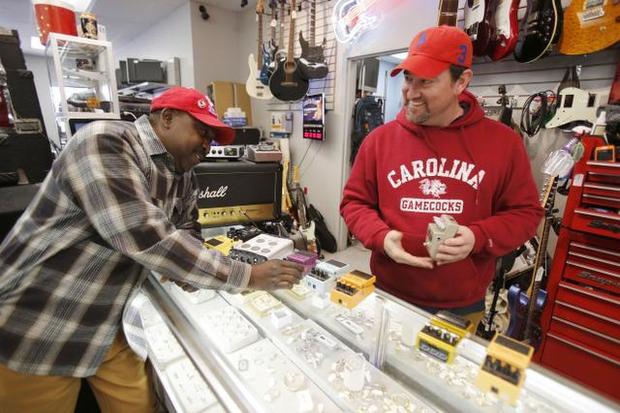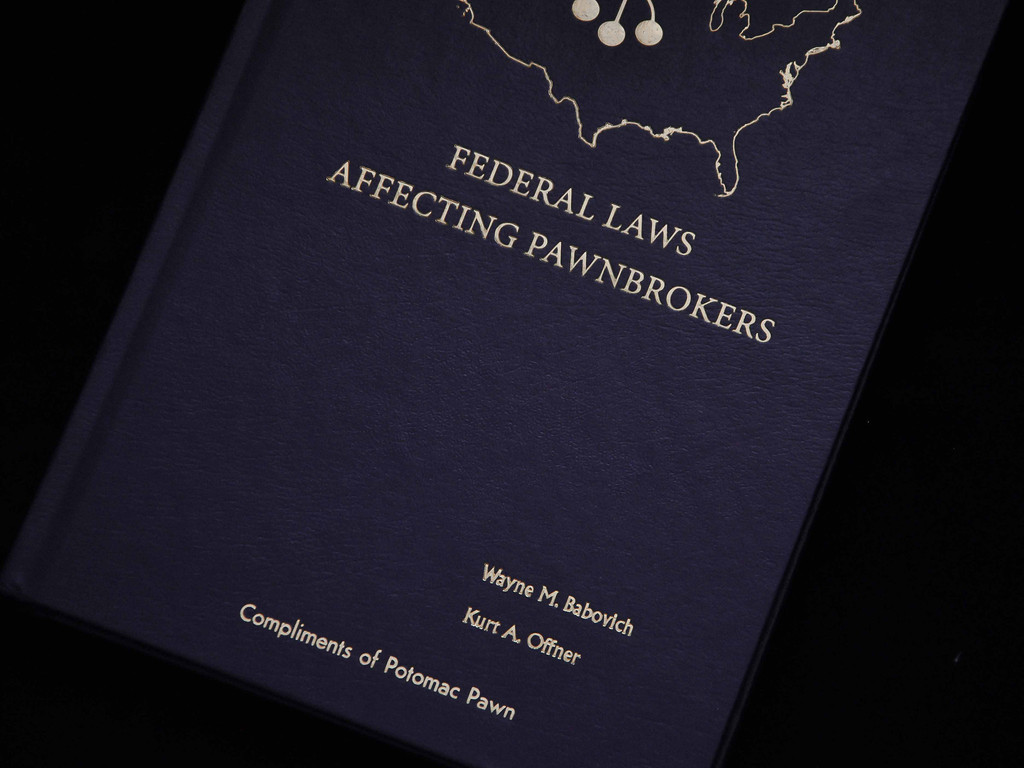
Special Contribution to the SCPA by Kurt Offner
Virtually every state and numerous municipalities require pawnbrokers to be licensed to conduct business. The governmental authority licensing and regulating pawnbrokers varies widely. Some States require the pawnbroker to solely obtain an occupational license from their county or local municipal authority. In other instances, a State regulatory body is in charge of licensing, inspecting, and governing pawnshop activities (NOTE: In South Carolina, this is the Department of Consumer Affairs.). In some instances, a pawnbroker may be required to deal with both local and State authorities in order to obtain a license. In other instances, local authority is statutorily preempted. In most States, an applicant may not have a felony conviction, he or she must meet specific net worth requirements, or alternatively, he or she may have to obtain a bond for an amount set by the entity issuing the license.
Despite some subtle differences in the licensing process, it is clear that each state has many similarities in their general licensing requirements. For instance, each state will require an applicant to have sufficient capital to run a pawnshop and should not have a recent significant criminal conviction. If one cannot meet these requirements and chooses to operate as a pawnbroker without a license, the ramifications could be serious.
Although each state has unique registration processes and penalties, a national licensing registry database is becoming more probable. Some states currently require licensees to renew and register their licenses through an online registration process provided by the National Mortgage Licensing System or NMLS.
The NMLS was launched in January 2008 and is operated by the non-profit State Regulatory Registry on behalf of State financial services regulatory agencies. The system was designed to be a web based system which would allow businesses, such as licensed mortgage lenders, mortgage brokers and individual Mortgage Loan Originators (MLO), to apply for, amend, update, or renew licensing on-line and use a single set of uniform applications. As of this writing, only pawnbrokers in the States of Louisiana and Pennsylvania are required by law to register and renew licenses through the NMLS. It is expected that the States of Oregon and Wyoming will also begin licensing. However, it is the author’s opinion that with the proliferation of online databases such as leads online and pawnbrokers’ use of software such as pawnmaster, it is only reasonable to expect that most states will eventually require licensee registration through the NMLS.
The impact of “National Registration” is multi-faceted. Both pawnbrokers and regulators currently utilizing the system note that registration is simpler, quicker, and more cost effective for both the pawnbroker and the regulatory authority. No longer is it necessary to mail information to the regulatory authority. Rather, the regulatory authority receives the information electronically in a format that facilitates instant renewal of a license. The simplicity of the system both saves the pawnbroker money and reduces the cost of the regulatory authority maintaining the registration information.
Conversely, pawnbrokers have raised concerns as to the impact of a “national licensing system.” A national licensing system creates a regulation and licensing perspective that facilitates a transition from State to Federal licensing. Federal control appears more logical when national registration already occurs. Further, a national registration system increases the dialog among State regulators. The sharing of licensing information facilitates the sharing of other data. Thus, the sharing of both transactional and personal information can be deemed more logical and easier to implement, where a national information sharing data system already exists.
Certainly, any national registration system, national chartering program, or other nationalization of the pawn industry a significant change in the regulation of the pawn industry. Like any change, it is often necessitated by changes in the economy, and, technology. Those arguing for national registration and chartering note that pawnbrokers are now using the internet to operate nationally. The logical conclusion would be the necessity for national regulation. National registration is the local first step toward such national regulation. It is impossible to predict with full accuracy the changes the future will hold for pawnbrokers. However, it is certain that significant changes will occur.
Kurt Offner is a founding member of Offner, Scott & Inzina, APLC. He is a leading authority and one of few attorneys throughout the country who practices pawnbroker law. He is also the co-author of the book Federal Laws Affecting Pawnbrokers available at LawofPawn.com.

